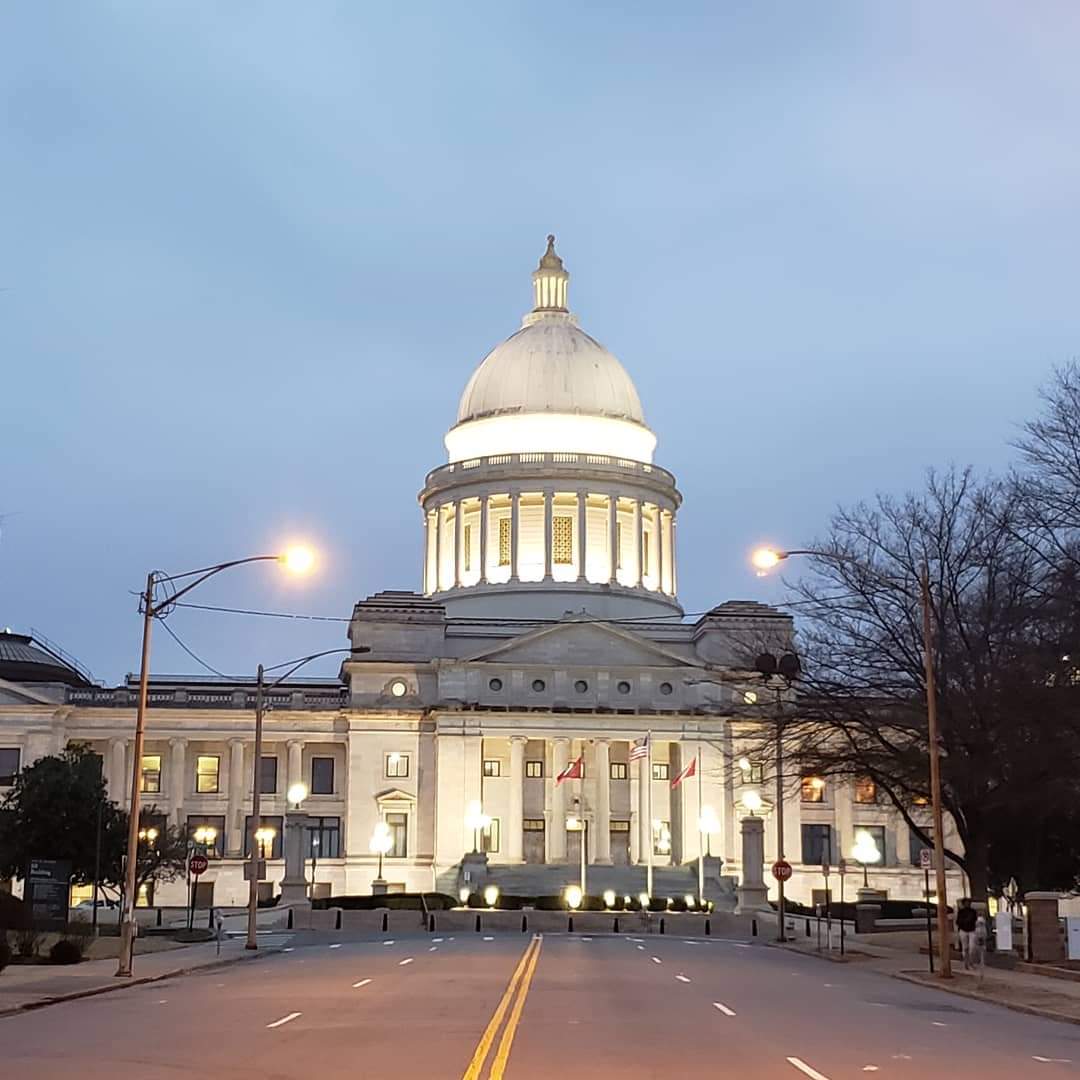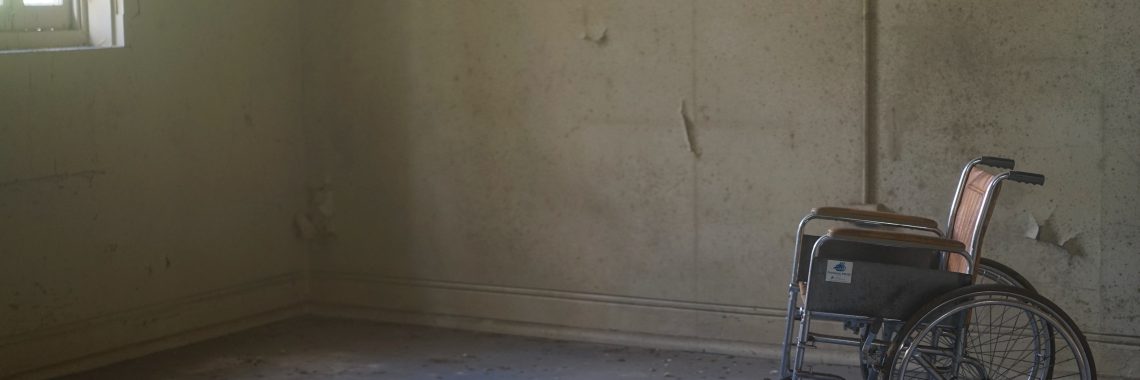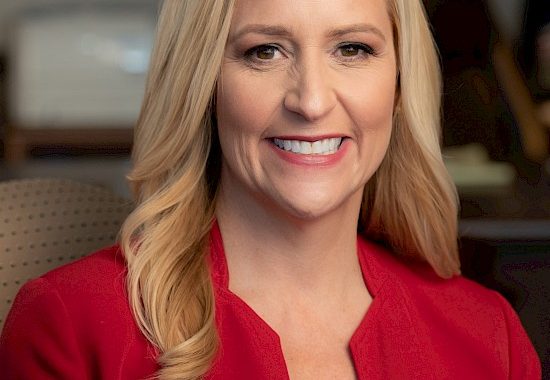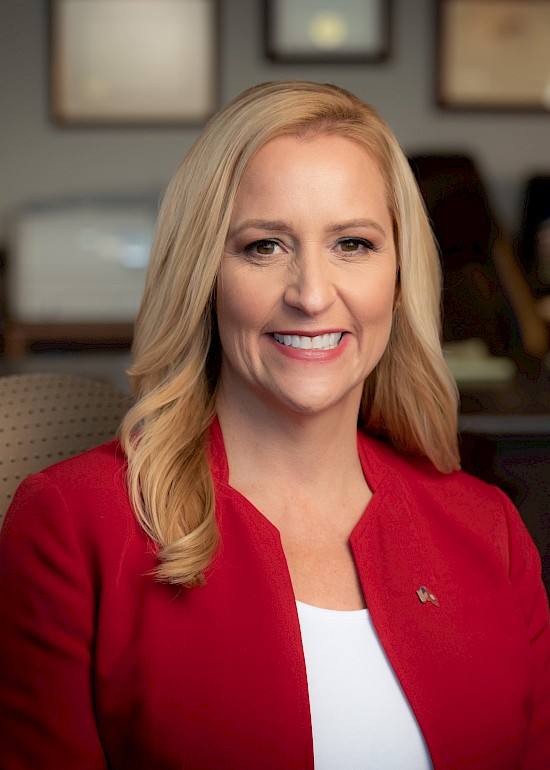Family Council Opposes Hate Crimes Bill
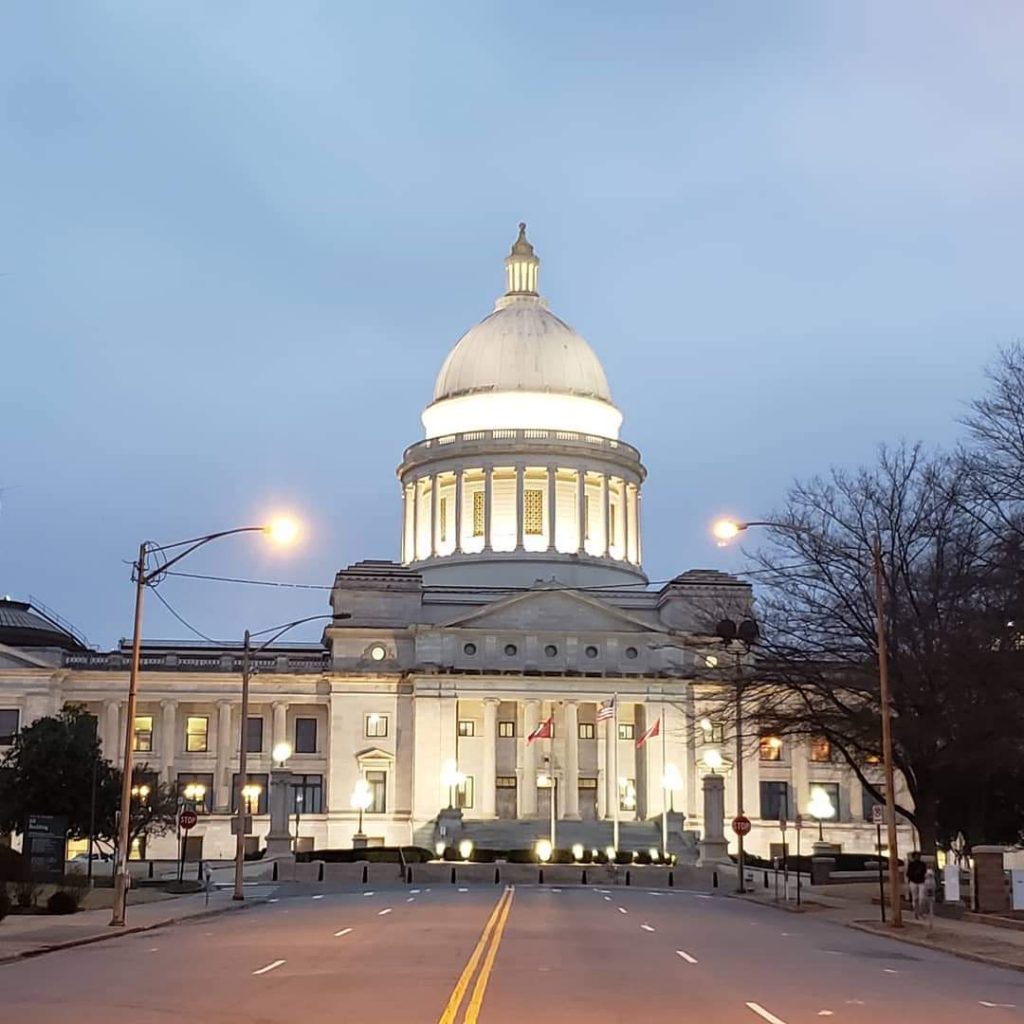
FOR IMMEDIATE RELEASE
Monday, November 16, 2020
Little Rock – On Monday, Arkansas State Senator Jim Hendren (R – Gravette) and State Representative Fred Love (D – Little Rock) filed S.B. 3 to enact hate crimes legislation in Arkansas.
Family Council President Jerry Cox released a statement, saying, “No law has ever stopped hate, and no law ever will. It’s a matter of the heart. The experience of other states proves that hate crimes laws do not work. Over the past few years we’ve seen despicable crimes committed in states that have hate crimes laws. According to the FBI, the states with the most hate crimes all have hate crimes laws. It’s clear that hate crimes laws simply do not work. We all agree something needs to be done to address racism in our state, but passing a hate crimes law isn’t the answer.”
Cox said hate crimes laws promote unequal justice. “Laws like S.B. 3 treat crimes and their victims unequally. Targeting anyone and committing a crime is wrong and currently illegal. When hate crimes laws levy harsher penalties for targeting some people but not others, the punishments can differ even if the crimes are the same. The penalty for assault or murder should be the same no matter the victim’s race, religion, or sexual-orientation.”
Cox said Family Council will oppose S.B. 3. “We have opposed hate crimes laws like S.B. 3 every time they have been proposed at the Arkansas Legislature since the 1990s. This legislation was a bad idea 25 years ago, and it’s still a bad idea today.”
###

